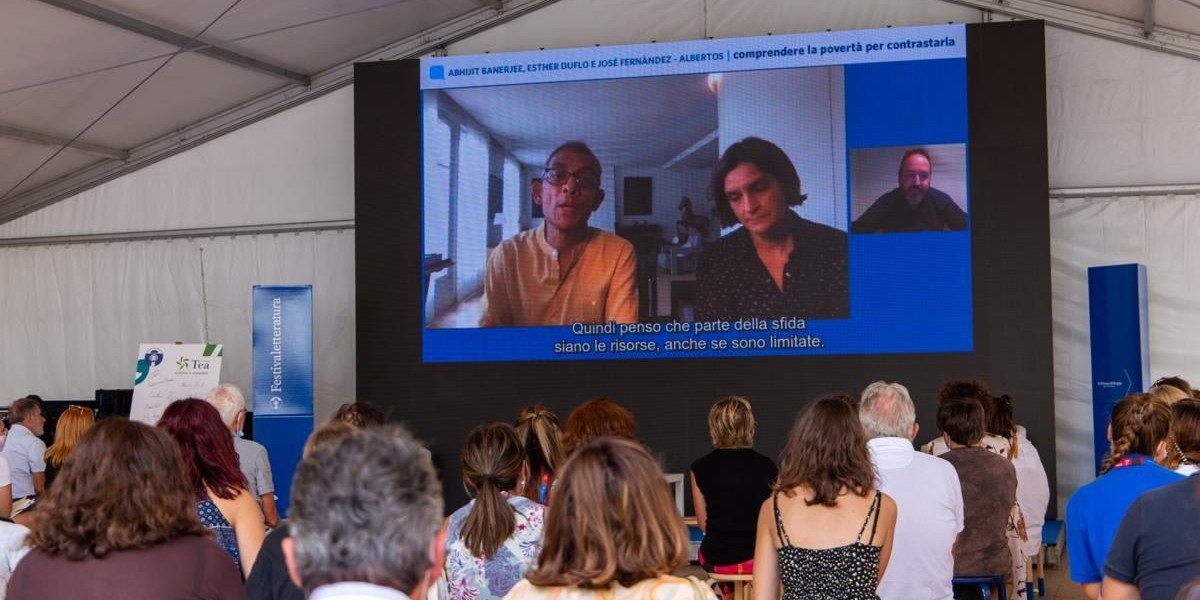
Nobel-worthy solutions to the big issues of our time
“Economic proposals to improve living conditions across the globe are usually politically slanted, or wrong, or both. This book was prompted by circumstances, a reaction to the world rather to our own research”. Poor Economics, the most recent book by Esther Duflo and Abhijit Banerjee – both acclaimed economics professors at MIT and joint Nobel prize winners for their experimental approach to poverty alleviation - is an “ambitious and over-arching project that deals with the big issues of the time and is not only addressed at policymakers, but ordinary citizens too”.
As a governance manual, it is not meant for high-visibility politicians - who “are sensitive to big aggregates which can increase their change of re-election and tend to neglect benefits of smaller but crucial policy tools” - but focuses instead on “politics with a small P” , or “that constellation of cities and administrations which conduct day-to-day policy implementation and, which in absence of reasonable guidance from the top, are more responsive than ever to academic recommendations”.
When asked about the innovative solutions presented in her book – which José Fernández-Albertos contrasts with the “skepticism of the public towards state-based answers to collective problems” - Duflo also comments on the newest direction of economic research, praising the “credibility revolution” and the emergence of a new school of thought which “departs from traditional models and emphasises the need to be more systematic in establishing what is causal and what is not”: the economics profession “has indeed moved to the left, but it is largely a result of increased sophistication.
The axioms of Chicago school neoliberalism, and in particularly the notion that markets are always better, are more often than not simplistic assumptions - mostly conveniently endorsed by mainstream economists because they are easier to teach and hence easier to apply - but their ability to inform public policy is very limited”. A new approach is needed: one which must find a concrete application in government responses to the coronavirus pandemic: “The immobility of social processes affects the capacity of bureaucratically limited governments to deal with big economic shocks such as COVID. It is our responsibility to devote resources to help workers to adapt, and sometimes change sectors, but we must also recognise that some can only move at a considerable cost and aid firms in sustaining their employment.”
The full interview is available at the following link:



